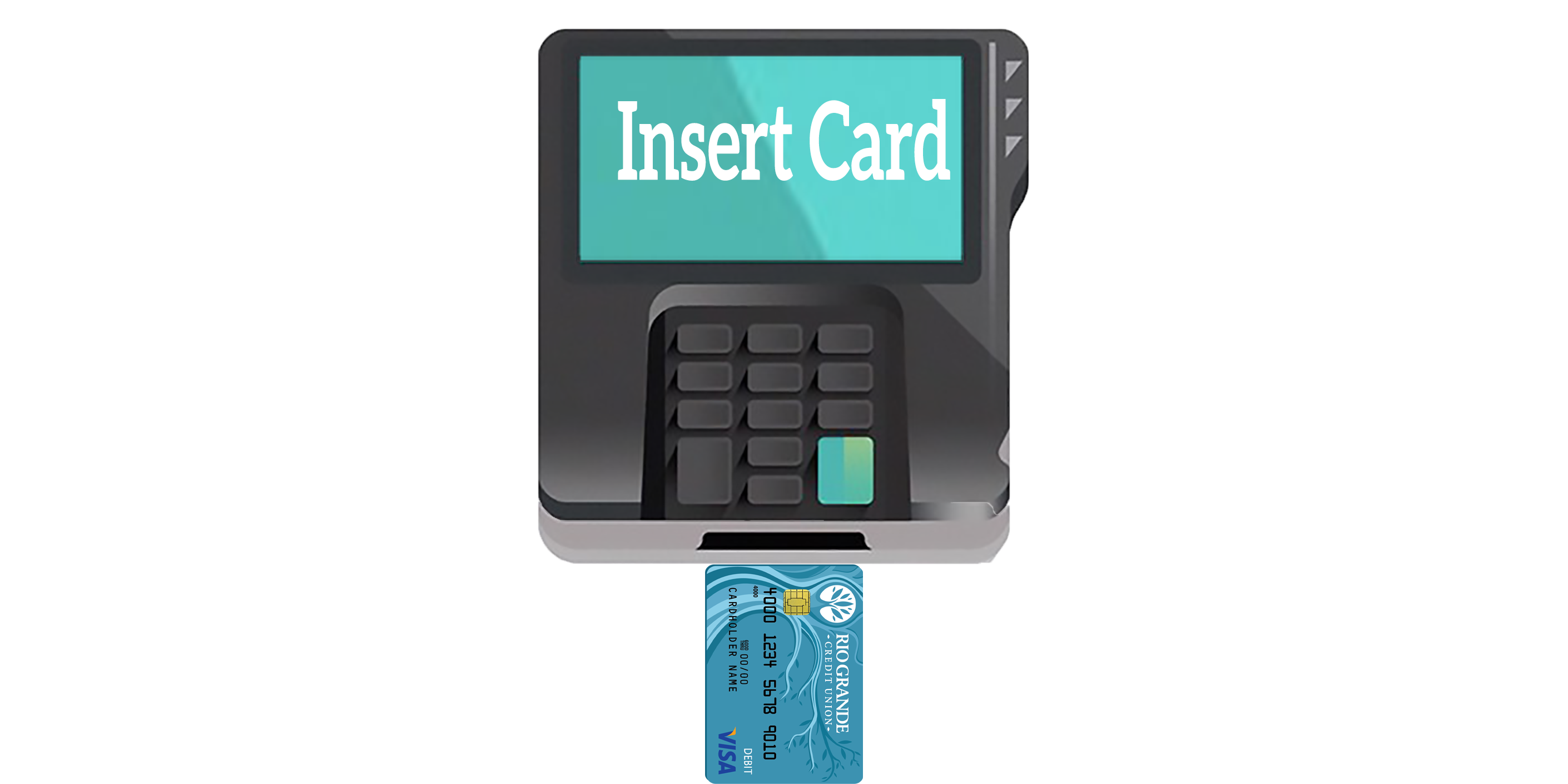Stay In The Know
Signup to be notified of news announcements and promotions.

If you’re a merchant who accepts both credit and debit cards, you’ve probably heard customers respond, “I don’t care” when asked if they’d like their card ran as credit or debit. If your customer doesn’t care how their card is ran, should you? The answer is yes. You should absolutely care.
When a customer pays with the credit option, the credit card company takes a risk by giving the merchant money and waiting to collect it from the consumer at a later date. The credit card company then charges a percentage fee to the merchant for taking such a risk, as well as for the time and resources needed to process the transaction. Since the fee is a percentage of the total purchase price, the amount charged to the merchant is different for each transaction.
When a customer pays using the debit option, they either sign a receipt or enter their PIN number. If a signature is required, the transaction is processed just as it would be for a credit card. If a PIN number is entered, the consumer is authorizing money from their checking account to be transferred to the merchant’s account. Since the transfer happens right away, there is less risk and the merchant will know immediately if the customer has sufficient funds to cover the cost of the purchase. The banks involved may charge a fee for this transaction, but it’s often a flat rate fee and does not change based on the amount of the purchase.
Now that both transaction types have been explained, it may seem obvious that choosing debit is usually the better choice. Merchants can save significant money on processing fees by having to pay only the flat rate fee associated with debit than the percentage fee associated with credit transactions. This is especially true for merchants whose average transaction amount is high, as the percentage fee would be a much higher cost than the flat rate fee.
It may seem odd that merchants choose to continue accepting credit as a form of payment if the fees are higher, but accepting credit also brings in more business. For most merchants, the volume of customers credit brings in outweighs the fees. In addition, merchants may encourage customers to pay with debit by offering debit-only specials or discounts, but still accept credit in order to capture more customers.
While choosing debit is often a good choice, businesses with low transaction amounts may find that debit card fees add up to more than credit card fees. To choose which payment type is in your business’s best interest, a detailed processing/transaction analysis must be completed.
We at Bevel are always here to answer any questions you might have 24/7.
One of our sales agents will call you soon to discuss what payment solutions will work for your business.

Signup to be notified of news announcements and promotions.